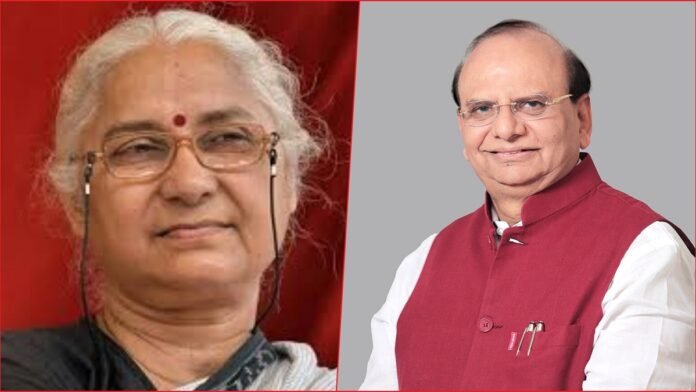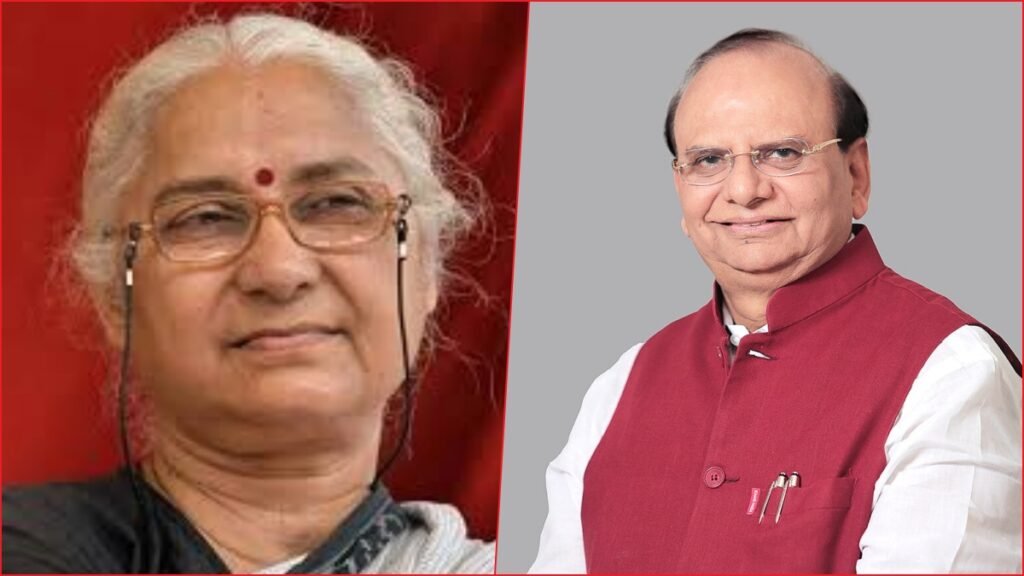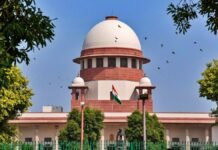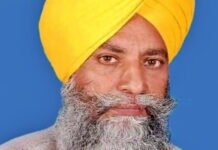
New Delhi: In a significant legal development, the Saket Court in New Delhi has delivered a verdict in a long-standing defamation case, convicting renowned social activist and leader of the Narmada Bachao Andolan (NBA), Medha Patkar. The case, which has been the subject of intense legal scrutiny, was initiated by a petition filed on behalf of VK Saxena, the former Chairman of the Khadi Development and Village Industries Commission (KVIC) and the current Lieutenant Governor of Delhi.
Metropolitan Magistrate Raghav Sharma found Patkar guilty of criminal defamation, a charge that carries a potential sentence of up to two years in prison, a fine, or both, under Indian law. This verdict marks a pivotal moment in the legal tussle that dates back to the turn of the millennium.
The roots of this legal saga trace back to 2000 when Patkar filed a lawsuit against Saxena, accusing him of publishing disparaging advertisements targeting her and the NBA. At the time, Saxena was leading the Ahmedabad-based NGO National Council for Civil Liberties. In a retaliatory move, Saxena filed two separate cases against Patkar, alleging that she made derogatory remarks about him on a television program and issued defamatory press statements.
The crux of the defamation case revolved around a press note issued by Patkar in 2001, in which she labeled Saxena as “not a patriot but a coward.” This statement, according to the court’s order, was deemed to have the potential to damage Saxena’s reputation significantly. The court highlighted that such accusations not only defamed Saxena but also constituted an attempt to sway public opinion negatively against him. The assertion that Saxena was “not a patriot but a coward” was interpreted as a direct assault on his character and his allegiance to the nation.

The legal battle between Patkar and Saxena has been marked by a series of allegations and counter-allegations, reflecting the complex dynamics of activism and political discourse in India. As the court’s decision is processed by the public and the parties involved, it underscores the delicate balance between freedom of expression and the protection of individual reputations in the country’s vibrant democracy.
















































